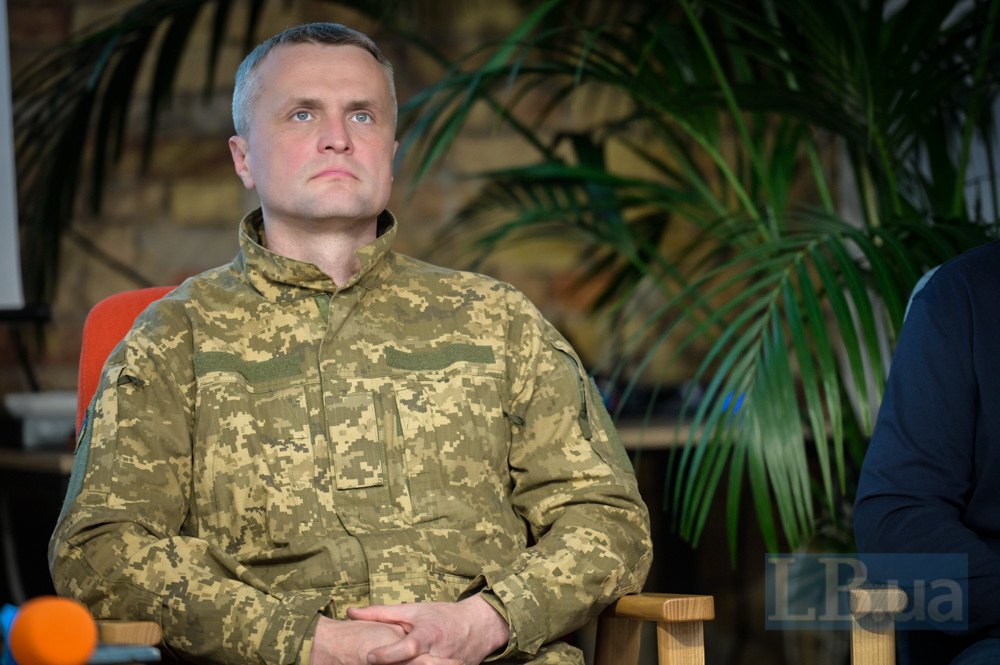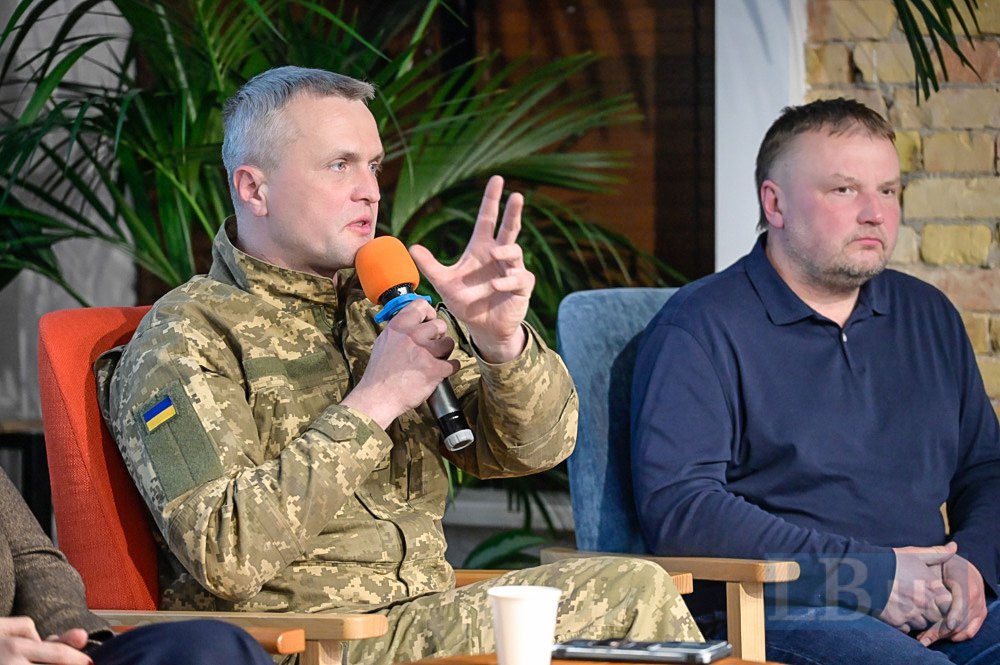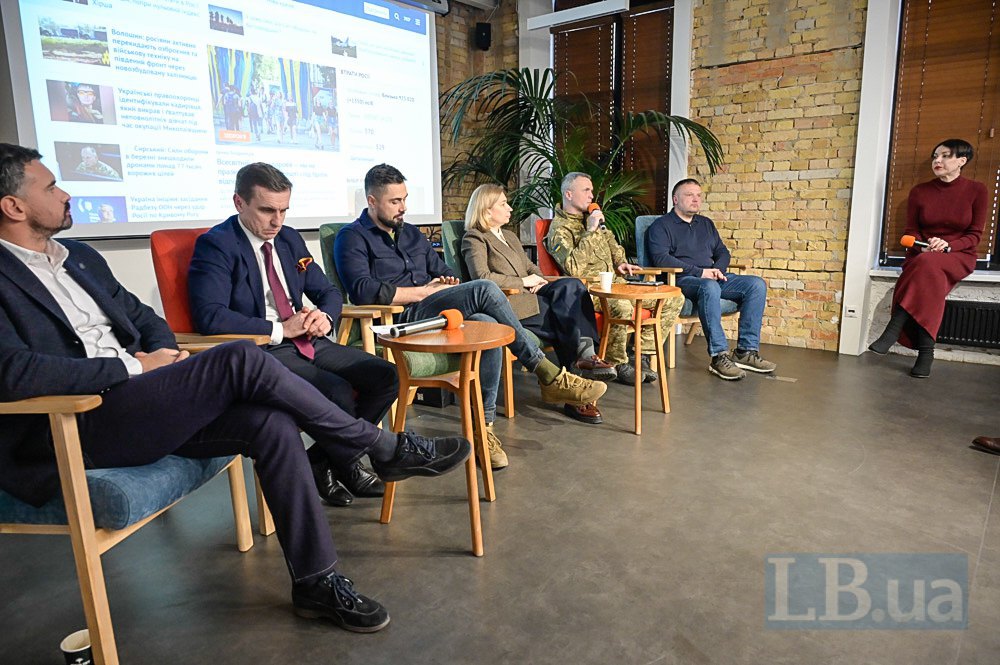
“I don’t think anyone has any faith that it will get easier for us in the near future,” says Ihor Lutsenko. “That is, there is an understanding that a truce in one form or another will be just another form of military conflict – that is, war. And at this time, you should use the available resources – time, money, people – as actively as you use them in defensive and offensive battles.”
In general, he describes the mood of the military as “heroic pessimism without expectation of significant changes”, which has certain peculiarities depending on how long the brigades have been formed.
“The newly formed units are more likely to rely on some positive and peaceful way out of this situation through diplomacy. The senior ones (by formation principle) still hope that our offensive operations, efforts to form a new army – the same Drone Line or the Unmanned Systems Forces – will allow us to ignore America’s mood, Europe’s mood and hope for friendship with the Scandinavian countries, which are now behaving perfectly with us, and thus maintain the optimism we have had for the past 11 years,” the serviceman said.
At the same time, he believes that Ukraine is far from being exhausted, both in terms of human resources and economic opportunities.
“I travel around the country a lot, both at the front and in the rear, and I do not see anything that could be a factor, a reason to believe that we will stop in our armed struggle. I see a huge number of men of conscription age who, in principle, are perfectly suited to perform tasks within UAV units at the very least. I don’t know their state of health inside, but I see that they are definitely smart and energetic. A huge number of people,” Ihor Lutsenko emphasised.

In his opinion, Ukraine could double the number of the Armed Forces of Ukraine if it had such a task (currently, according to Lutsenko, citing open data, the number of the Armed Forces is approximately 800,000 military and 400,000 security personnel).
Ihor Lutsenko also sees no economic reasons that would force the Ukrainian army to stop.
“The further we go, the more our war becomes optimised in terms of costs. The global trend is that weapons are extremely expensive. Now they are becoming unusually cheap compared to previous periods. Therefore, we can still wage this war by relying on paramilitary technologies for as long as we need to. I believe that today we have enough economic and human resources to win against Russia,” said the founder of the Aerial Reconnaissance Support Centre.
Speaking about the red lines in negotiations with Russia, Ihor Lutsenko noted that we must adhere to such lines, first of all, ourselves. And finally, we must stop the functioning of the aggressor’s hybrid structures on our territory, which will be activated as soon as there is a ceasefire.
“Let’s finally deal with these structures, now is the best time for this – in the church, business, media, lawyers, etc. Let’s look at the sociology, how many prosecutors have what views, what percentage of them are loyal to our state – we will have very interesting figures,” Lutsenko said.

He also noted that he would not classify the number of troops as a red line.
“The issue is military and technological sovereignty. This is the main issue. We have enough brave soldiers who can quickly master any technology. The bottleneck is not in this, but in the high-tech products that these fighters need.
What kind of unit is successful? Not the one with great operators [of drones], but the one with great engineers. Engineers are the substance that made our army able to defend itself, survive and fight back. And now the biggest threats are technical dependence on the US, China, and Europe. All the sprouts of independence that we have gained must be preserved and our independence must be increased. This is the red line, because we have enough human resources. We have enough budget. We have 20 per cent of the military budget to do 80 per cent of the work at the front. This is a huge potential for increasing efficiency.
The main thing is military–technological sovereignty, intellectualisation of the nation, fundamental research – this is the key to our independence and the red line,” said Ihor Lutsenko.
Video version of the discussion:








